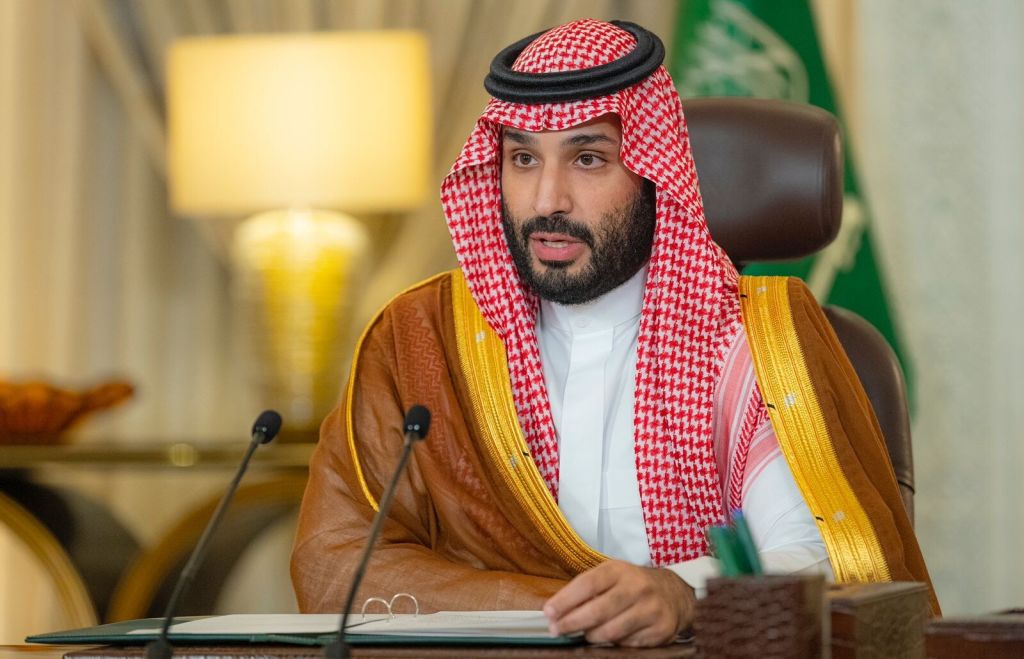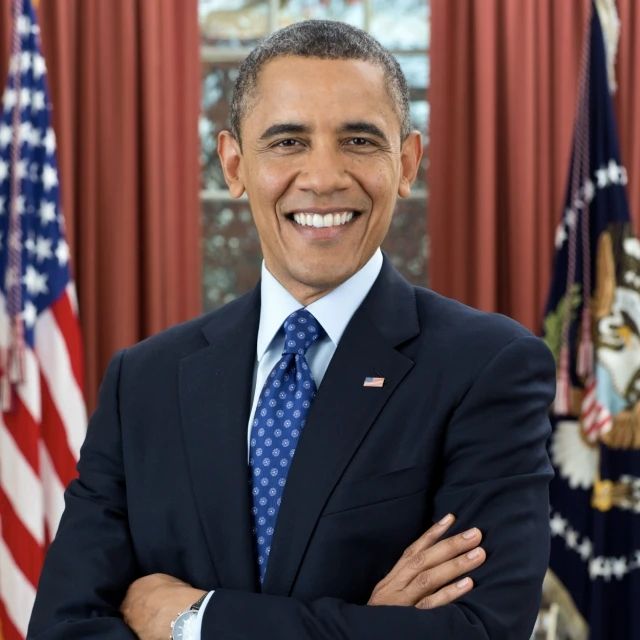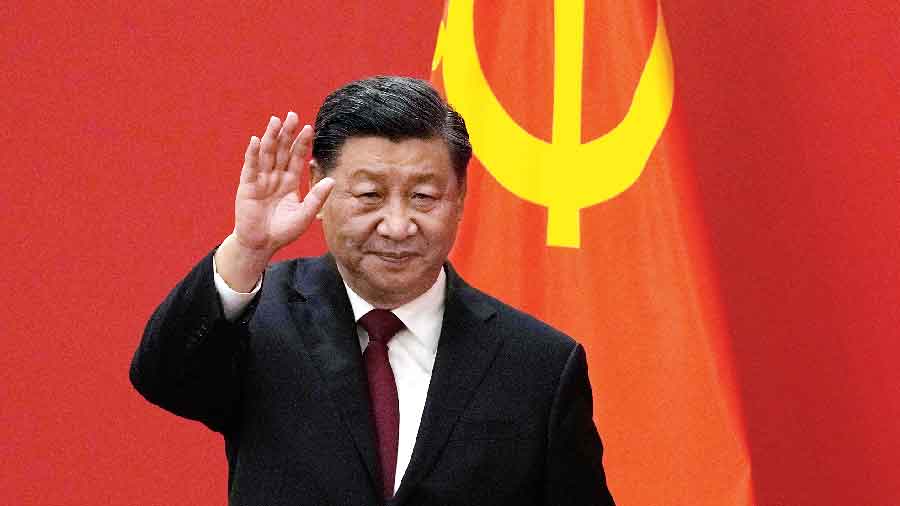Introduction: The Dynamic Leadership of Prince Mohammed bin Salman
Prince Mohammed bin Salman, often referred to as MBS, has emerged as a central figure in Saudi Arabia’s transformation and the broader geopolitical landscape of the Middle East. Delving into the details of his leadership reveals a narrative marked by bold reforms, ambitious initiatives, and significant challenges.
Rise to Power: A New Era of Leadership
Born in 1985 into the royal family of Saudi Arabia, Mohammed bin Salman quickly ascended the ranks of power, becoming the Crown Prince in 2017. His rapid rise was accompanied by a vision for modernizing Saudi society and diversifying its economy away from oil dependence. MBS’s leadership style, characterized by assertiveness and pragmatism, has sparked both optimism and controversy at home and abroad.
Vision 2030: A Blueprint for Change
At the heart of Mohammed bin Salman’s agenda is Vision 2030, a comprehensive plan aimed at transforming Saudi Arabia into a modern, dynamic, and diversified economy. The ambitious initiative seeks to stimulate private sector growth, enhance education and healthcare, and promote cultural and social reforms, including the empowerment of women and youth. While progress has been made in some areas, challenges remain in fully realizing the vision’s objectives.
Social Reforms: Empowering Saudi Society
Under MBS’s leadership, Saudi Arabia has witnessed significant social reforms aimed at liberalizing societal norms and empowering its citizens. Initiatives such as lifting the ban on women driving, easing restrictions on entertainment, and promoting tourism have signaled a departure from conservative traditions towards a more open and inclusive society. However, these reforms have also encountered resistance from traditionalist elements within the kingdom.
Regional Dynamics: Navigating Turbulent Waters
Prince Mohammed bin Salman’s assertive foreign policy has reshaped Saudi Arabia’s role in the region and beyond. From the blockade of Qatar to the intervention in Yemen’s civil war and the normalization of relations with Israel, MBS has sought to assert Saudi influence and confront perceived threats to its security and stability. However, these actions have also raised concerns about escalation and instability in the volatile Middle East.
Challenges and Opportunities: A Leadership in Flux
Despite his ambitious agenda and bold initiatives, Mohammed bin Salman faces significant challenges both domestically and internationally. Economic diversification efforts have been hampered by structural barriers and external pressures, while human rights abuses and allegations of authoritarianism have drawn criticism from the international community. Balancing modernization with tradition, stability with reform, remains a delicate task for the young prince.
Conclusion: The Future of Saudi Arabia and Beyond
In retracing the leadership of Prince Mohammed bin Salman, we encounter not just a ruler but a symbol of change and ambition in the Middle East. His vision for Saudi Arabia’s future, while ambitious, is fraught with challenges and uncertainties. As the kingdom navigates the complexities of the 21st century, let us reflect on the lessons of MBS’s leadership and work towards a future where prosperity, stability, and progress are shared by all.
With each step forward, may we honor the aspirations of the Saudi people and strive to build a world where innovation, compassion, and cooperation prevail.









)

+The+Future+of+Technology.jpg)

